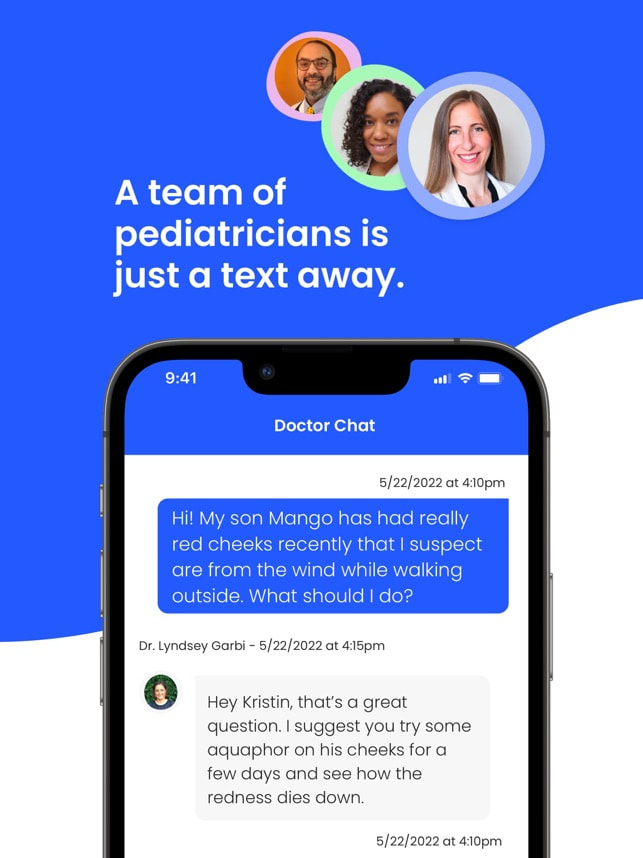|
Between the paperwork, doctor visits, bio visits, CPS visits, and bonding needs, foster parents may find themselves regularly needing time away from work. Fortunately, there are laws in place to help protect working foster parents in the form of the Family and Medical Leave Act (FMLA). Read on to learn more about how this law can help you as a foster parent.
(This information is not meant to take the place of legal advice. Please talk to a lawyer for full details on FMLA law and how it will impact you.) What is FMLA? The Family and Medical Leave Act (FMLA) of 1993 provides workers with up to 12 weeks of unpaid leave during any 12-month period for certain family and medical reasons. These include caring for a family member with a serious health condition, bonding with a new child (bio, adopted or foster), or attending to certain military-related activities. The leave can be taken all at once or intermittently throughout the year. It is important to note that FMLA does not provide paid leave; however, your employer may provide some form of compensation during your time off. Who Is Eligible for FMLA? In order to be eligible for FMLA, you must meet the following criteria: You must have been employed by your current employer for at least 12 months before taking leave; you must have worked at least 1,250 hours in that same 12-month period; and you must work at a company that employs 50 or more employees within 75 miles of your worksite. To qualify as a foster parent, you must be taking leave to care for a child who is in an official foster care case with the state and you must be their primary guardian. If you meet these requirements, then you are eligible for FMLA protection. How Does FMLA Help Foster Parents? Foster parents are eligible for FMLA if they meet the criteria mentioned above. This means they can take up to 12 weeks of unpaid leave per year if needed without fear of retribution from their employer or termination from their job. This can be incredibly helpful when dealing with medical issues and visits that arise with foster children—the time off helps ease some of the stress of being a foster parent by providing job security during times when extra attention needs to be given elsewhere. How Do I Take Advantage of FMLA as a Foster Parent? Talk to your HR Department when you start the foster licensing process to ensure that you and they qualify (per the rules listed above). Find out what paperwork they request and the process they want you to go through to request the leave. After getting a placement, you will need to let your employer know about your request for leave as soon as is practicable; that likely means within one business day after getting a placement. Because this is a particularly busy time, it's best to pre-fill all requested paperwork as much as is possible and completely understand this process in advance. (The last thing you need during the first few days of a placement is more things to worry about.) What do I need to consider when taking FMLA as a Foster Parent? In addition to the above, you'll likely want to look into what PTO, Sick Time, or other Paid Leave may be available to you. You'll also want to consider your budget during that time; often any stipends you get for fostering are slow to be paid at first. Add in the fact that you'll likely have many costs to get your placement settled alongside being unpaid through FMLA and you may find yourself in a difficult financial place if you didn't plan well. Finally, you'll also want to consider your healthcare premium or other items that come out of your paycheck as you'll need to plan to pay these items back upon your return to work. Being a foster parent is an incredibly rewarding experience but it comes with its own set of challenges as well, especially as a working foster parent. Knowing that there are laws such as the Family and Medical Leave Act in place to help protect you during those challenging times can make things just a bit easier—and so can knowing what exactly is covered by this law! Now that you understand more about FMLA, hopefully you can rest assured that if something comes up on your journey as a foster parent, there’s an option out there ready to help make things just a little bit easier! |
AuthorI'm a foster mom, bio mom, working mom, special needs mom, busy mom. I'm also married to my high school sweetheart, I'm a proud 23-year childhood cancer survivor, and I'm passionate about serving my community. More from FosterMamaArchives
March 2023
Categories
All
|


 RSS Feed
RSS Feed